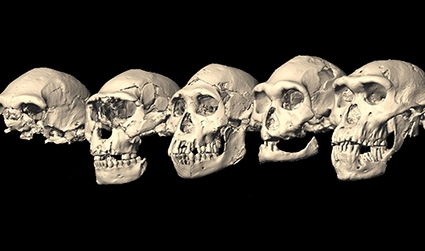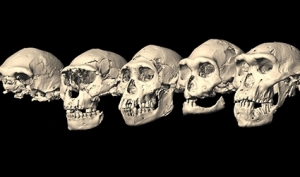Georgia in Rome Spotlight
For the first time, Rome hosted a one-day event totally dedicated to Georgia. Scientists and experts from Georgia and Italy discussed the role of the country as a cradle of European history, its role as a bridge between Europe and Asia, its spectacular architectural achievements of recent years, and its desire to reach full EU Membership. In addition, participants talked about Georgia’s potential in economic and especially in energy fields.
The Scudo di San Giorgio Association organized the event and made special emphasis on the finding of remains dating back 1.8 million years and Georgia’s role as a touristic and economic destination, a bridge between Europe and China.
World famous Georgian archaeologist, David Lordkipanidze, presented the latest data on the skull found in Dmanisi, a small town and archaeological site in the Kvemo Kartli region of Georgia. At the time of its excavation, the finding shook international academia as it bore witness to empirical evidence of the migration of the first homo individuals from Africa and their spreading across the European continent two million years ago.
“This is the most complete skull of an early human ancestor and it transforms our understanding of the origin and evolution of the genus Homo,” said Lordkipanidze.
The words of Josef Seifert, an Austrian scholar of anthropological philosophy, professor at the International Academy of Philosophy-Instituto de Filosofía ‘Edith Stein,’ and a member of the Pontificia Academia Pro Vita, help us understand the greatness of the discovery of the Georgian paleontologist. “Unable to judge the empirical scientific aspects of the archaeological findings in Dmanisi in 1999-2002, of the so-called homo georgicus, I nevertheless consider them a significant empirical confirmation of the fact that the theory of evolution and the uncritically accepted assumption that an evolution from animals is the cause and source of the human family, so widely accepted by scientists world-wide, is open to criticisms not only from a philosophical, but also from empirical and scientific points of view,” he noted.
The event held in Rome is part of a grand promotional project by Georgia, as a bridge between Asia and Europe, a touristic destination and geopolitical crossroad to be discovered. Besides the Dmanisi findings, Georgia’s important and modern economic and touristic role were mentioned.
“Today, Georgia is experiencing a true touristic boom with a remarkable growth of visitors in the ancient cities of Tbilisi, Kutaisi, Telavi and Batumi, with its splendid beaches, and the mountain areas of the Caucasus. The good political stability achieved, together with the favorable fiscal regime, the competitive costs, the limited duties and the low levels of corruption, bring to Georgia many investors from around the world. These investors start up enterprises in various sectors, from the financial to the manufacturing,” stated a recent press release by GeorgiaOne.
Together with the contributions of David Lordkipanidze and Josef Seifert, a number of other high-important guests and speakers were hosted by GeorgiaOne on March 3. Among them were Owen Matthews, English writer, journalist and expert on Eurasian geopolitical matters; Yves Coppens world-renowned paleoanthropologist and discoverer of hominid skeleton Lucy; Princess of Georgia, Ketevan Bagration de Mukhrani; Zaza Urushadze, Georgian film-director and Oscar and Golden Globes nominee, and Davit Bakradze, State Minister of Georgia for European and Euro-Atlantic Integration.
Eka Karsaulidze












